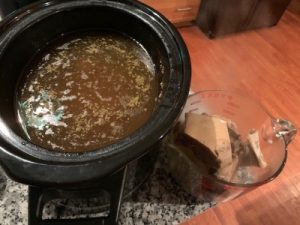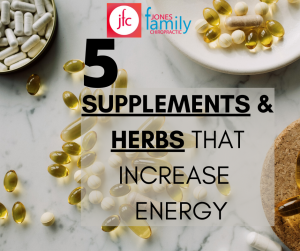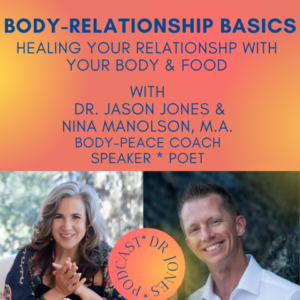Podcast: Play in new window | Download
LISTEN TO THE PODCAST EPISODE HERE
Low Allergen Diet and What To Avoid – Dr. Jason Jones Elizabeth City NC Chiropractor
If you are prone to food allergies and/ or food sensitivities, you may want to consider a low allergen diet. According to the Natural Living Center, a low-allergen diet excludes food additives and food items that cause allergic reactions.
Notably, this type of diet is not a cure for food allergies. Rather, it is more of a diagnostic tool in determining and eliminating the food items you are allergic to. According to naturallivingcenter.net, low allergen diets have been found as a possible treatment for asthma and environmental hypersensitivity just to name a few.
Moreover, certain studies have revealed that this type of diet is helpful to lactating mothers with colicky babies. That said, if you exhibit any of the below highlighted allergic symptoms, a low allergen diet would be helpful.
Runny nose, Sneezing, Itchy nose, Sore throat, Diarrhea, Abdominal pain, Headache, Fatigue, Stuffy nose,
Red and itchy rash, Swollen lips, Difficulty in breathing, etc.
For those opting for a low allergen diet, below are a few food items you need to include to your diet.
Green Tea
According to an ear, nose and throat doctor, Murray Grossan, MD, green tea is very beneficial to those that suffer from allergies. Tea, especially green tea, is loaded with natural antihistamines that help reduce allergic reactions and symptoms.
Load Up On Probiotics
According to the National Institutes of Health, probiotics help introduce good bacteria to the gut. A number of studies have linked a leaky gut to the development of autoimmune disease and even allergies. A leaky gut is often brought about by an increase of bad bacteria in the digestive tract. Probiotics, however; can help reduce bad bacteria in the gut and increase good bacteria. Great sources of probiotics are often fermented foods such as kimchi and fermented milk. Yogurt is also a great source of probiotics.
Include Omega 3
Omega 3 fatty acids are very healthy and beneficial in so many ways. From improving the health of your skin to improving cognitive function, omega 3 fatty acids are incredibly healthy. Recent studies show that a diet rich in omega 3 fatty acids can help relieve symptoms of asthma. It’s advisable that you source omega 3 acids from supplements. Other sources include fish such as salmon and tuna. However, people tend to be allergic to fish as well.
Up Your Intake of Fruits and Vegetables
This means that as your plate gets more colorful with vegetables and fruits, it also means that you eliminate fast foods. In other words, ensure that you avoid foods that are high in unsaturated fats, sugar, and salt
Instead, eat more fruits such as kiwi and citrus fruits that are high in vitamin C. Vitamin C, according to research, which has been found effective in reducing histamines. According to Elson Haas, histamines are also involved in allergic responses. Hence, the lower the histamine levels, the lower the chances of suffering from an allergy.
Be sure to include pineapples into your diet. According to Lawrence Rosen, MD, pineapples contain an enzyme known as bromelain. According to her, this enzyme helps reduce allergic diseases considerably.
Foods To Avoid
As previously mentioned, a low allergen diet is more of a diagnostic tool. It helps you eliminate the foods that may be causing an allergic reaction. While sticking to this diet, try and avoid the common allergens, which include:
Soy, Wheat, Milk, Corn, Eggs, Alcohol, Yeast, Peanuts, Chocolate, Fish, Shellfish, Certainly Curtis fruits, Tree nuts




